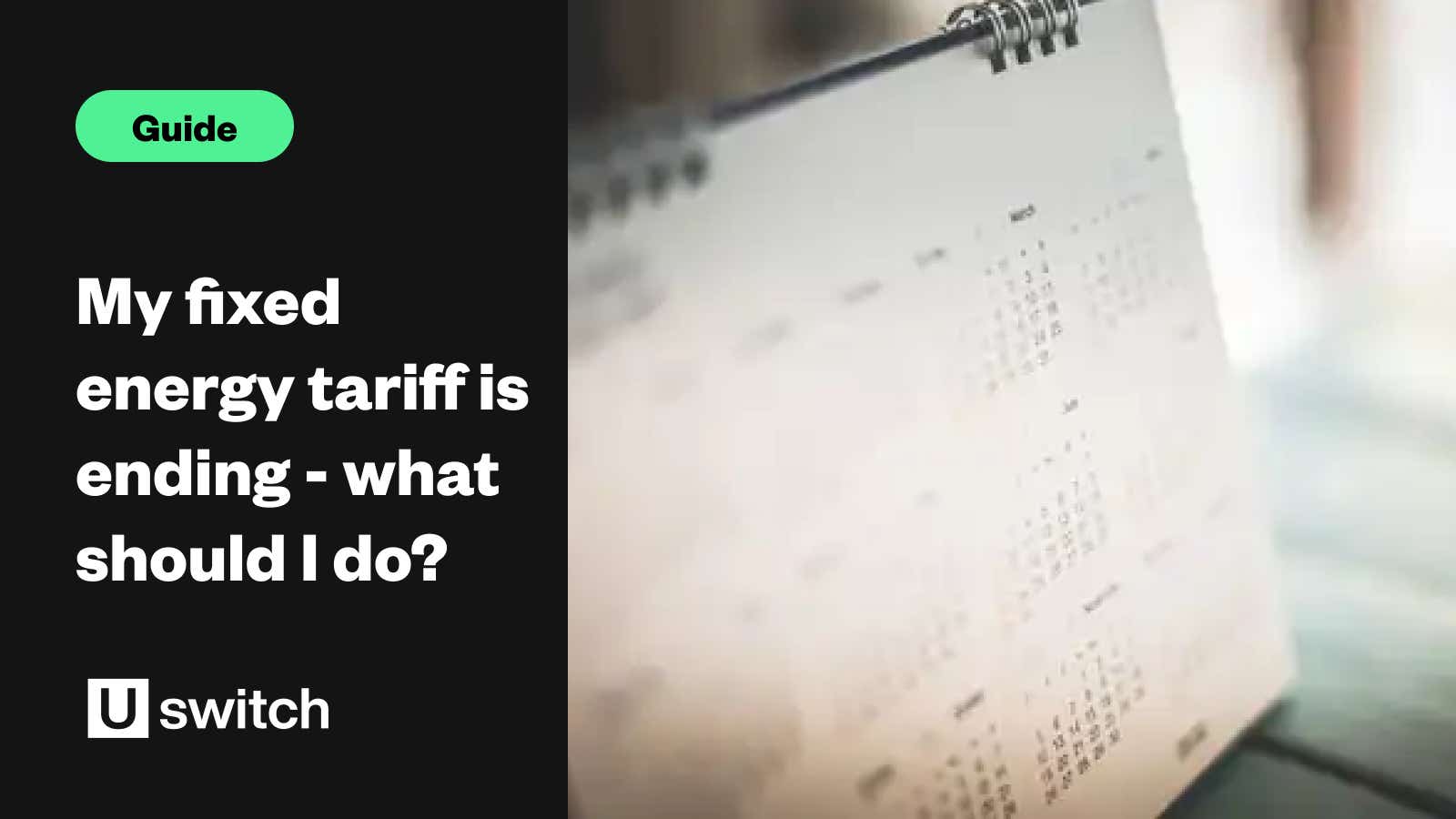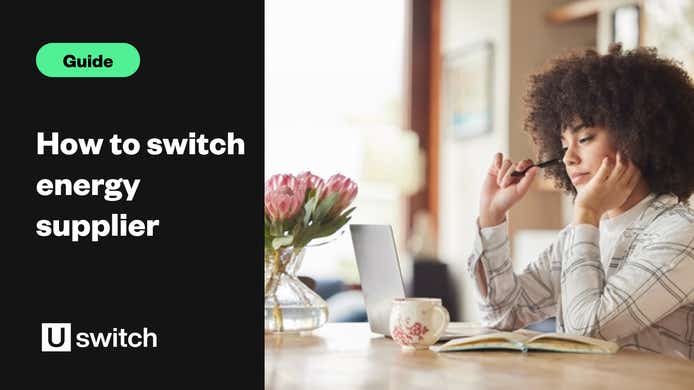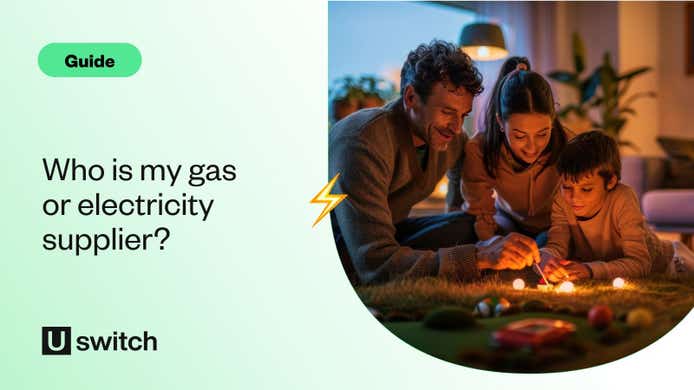My fixed energy tariff is ending. Should I fix energy again?
Whether you should fix energy depends on the deals that are available when your current deal ends. There are fixed deals on the market which should enable you to save against the energy price cap, which would determine your prices once you roll off your current fixed deal. There may not be anything that looks right to you, but it's worth running an energy comparison to see what's around.
When should I fix energy?
Your supplier should notify you before your plan ends, allowing you time to find and switch to a new plan before you're rolled onto a standard variable tariff, which is usually much more expensive than a fixed tariff.
In accordance with Ofgem regulations, you won't need to pay any exit fees to switch away from your energy supplier within 49 days of your plan ending.
Once you receive this notification and you're in the 49-day window, you're free to switch without paying any early exit or cancellation fees.
Case study "I'm due to end my current contract with my current energy supplier and having received their new tariffs decided to try Uswitch. They found me a great deal with a saving of £276 on what my old supplier offered, plus it comes from a renewable energy supplier. I'm so happy I took the time to do this and would STRONGLY recommend you do the same to save you some money. It only takes about 15 minutes to do and it's worth it."
David, Uswitch customer
Though shorter switching times have been introduced, it's worth noting that switching can take up to five days (including a two-week "cooling off" period) for suppliers that have signed up to the Energy Switch Guarantee. However, once your supplier knows you're switching, it shouldn't roll you on to a more expensive tariff.
While the notification from your supplier will alert you to cheaper plans, these plans will only be the cheapest available from your supplier, and they may not be the cheapest on the market overall. That's why it's important to compare energy prices with an Ofgem-accredited site like Uswitch. Enter your postcode below to get started.
Run an energy comparison
Enter your postcode below to compare energy prices and get started on your energy switch.
What if I compare energy but there's nothing cheaper than my current deal?
You may find there's nothing cheaper than your plan that's about to end. This is the appeal of fixed plans - they lock in a cheap rate for a year or more.
If this is the case for you, be aware that you should still switch because you'll be rolled onto your supplier's standard rate tariff. This is almost always an expensive deal.
What type of energy tariff should I switch to?
Finding a cheaper energy plan depends on a whole host of factors, including where you live, your level of consumption and the state of the energy wholesale market.
Fixed energy tariffs
Switching to another fixed rate energy plan offers the peace of mind that your rates won't change until the end of the plan. If you're not comfortable with a plan that includes an exit fee in case you don't like your new supplier or a better deal comes along, you can simply filter your comparison results - there may be fixed plans that don't carry an early exit fee, though they could be more expensive.
Standard variable rate tariffs
Sometimes standard variable rate tariffs are some of the cheapest energy deals, but keep in mind you won't be protected if your supplier puts up its prices.
This is particularly worth noting when it comes to small suppliers, which can be more immediately impacted by changes to the wholesale gas and electricity market. That can lead to them having to be more reactive to wholesale changes and more likely to roll out price rises.
Renewable energy deals
If you're looking to do your part for the environment, there are several suppliers now offering energy plans powered by 100% renewably generated electricity.
What else can you do to keep energy costs down?
Ensuring you're on the cheapest energy plan you can get is the only way you can get the most value for every kWh you use, but there are other ways to keep costs down.
While a cheaper plan will save you money, you can also try using less energy in the first place. Simple changes around the home like dropping your thermostat setting by just one degree or draughtproofing your doors and windows can make a significant difference, but larger investments can also pay off.
Insulation is the first step to keeping your energy costs down because you'll keep more heat in your home. Loft insulation is the easiest and cheapest to install. Even if you already have loft insulation, you should check whether you have the right levels installed — but more costly wall and floor insulation can also be worth considering.
What's my personal projection?
When you're on a fixed energy plan, comparison sites will use what's called a personal projection. This is your estimated future energy cost for the next 12 months.
This calculation assumes you do not switch when your fixed deal ends, and uses the rates of your rollover plan to calculate your energy spend that is blended with your existing rates.
That means when you are on a fixed plan with a looming end date, your personal projection will change because your projection is a blend of the remaining days on your current fixed plan, and includes the days you will be on your supplier's pre-set rollover plan (the plan you will be automatically rolled onto if you do nothing).




